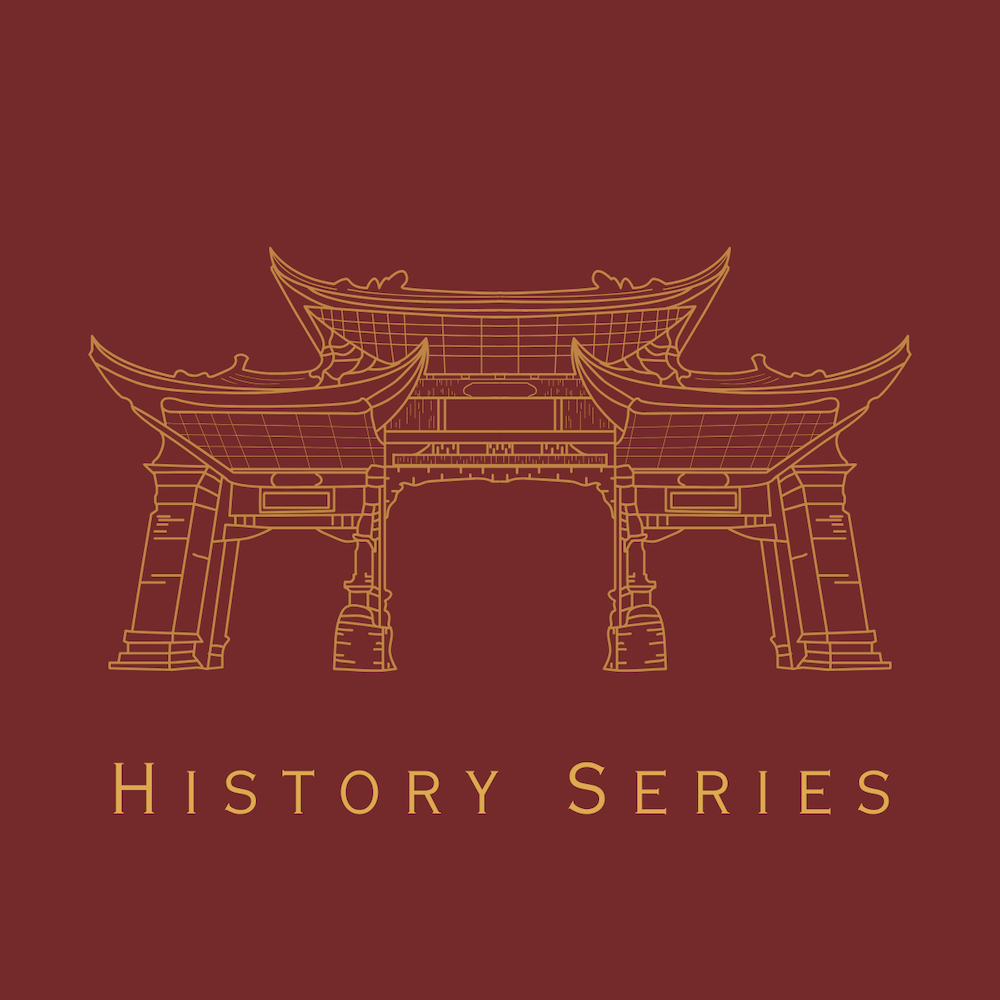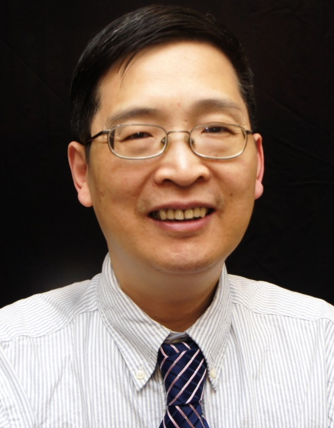
Here in the West, acupuncture often feels like something foreign, something patients approach with curiosity but no context. “I don’t know anything about Chinese medicine,” they’ll say. And most of the time, that’s true. We didn’t grow up with an uncle who prescribed herbs or a parent using needles to ease the illnesses and injuries of childhood.
For Wei Dong Lu, medicine wasn’t foreign at all. He grew up inside it, part of a family where healing was daily life. At sixteen, during the Cultural Revolution, he was told to learn a “practical skill.” His classmates were sent to carpentry or sewing. He was handed needles.
Listen into this discussion as we trace the path that took him from Shanghai to Nebraska, from teaching at the New England School of Acupuncture to practicing oncology acupuncture at Harvard’s Dana-Farber Cancer Institute.
What you’ll hear isn’t just the biography of one practitioner, but a story about how medicine travels—how it bends and blends to circumstance, how it adapts to new settings, and how something essential continues to move through it all.
Start by using open-ended questions and active listening to build rapport and encourage honest responses. Reflect back what you hear in a neutral tone to validate their experience and clarify key details. Ask patients to state their formal Western medicine diagnosis and when it was made. This ensures you understand the timeline of their condition and can tailor your approach accordingly.

Weidong Lu, MB, MPH, PhD
I’m Weidong Lu an oncology acupuncturist and the Oncology Acupuncture Team Leader at Dana-Farber Cancer Institute. I serve as a Principal Investigator at the Dana-Farber/Harvard Cancer Center and head the Chinese Medicine Research Initiative at DFCI. I’m also an Instructor in Medicine at Harvard Medical School and Professor Emeritus of Chinese Medicine at the New England School of Acupuncture. In addition, I chair the Committee on Acupuncture for the Massachusetts Board of Registration in Medicine.
I established the Oncology Acupuncture Specialty at DFCI in 2000 and have since focused my research on integrative oncology. My work spans developing the oncology acupuncture subspecialty, leading clinical trials in symptom management and supportive care, and investigating drug–herbal interactions. I’ve published more than 60 peer-reviewed articles and book chapters and have presented my findings across North America, Europe, and Asia.
My goal is to advance safe, evidence-based acupuncture and herbal approaches that improve quality of life for cancer patients.
Visits Wei Dong on his website, and at the Dana-Faber Cancer Institute.
Read his blog post on using acupuncture to treat hot flashes related to breast cancer treatment, and his Pubmed entry on using acupuncture for hot flashes in hormone receptor-positive breast cancer.
There is also a helpful webpage at the NIH on the use of acupuncture in the treatment of cancer-related symptoms.